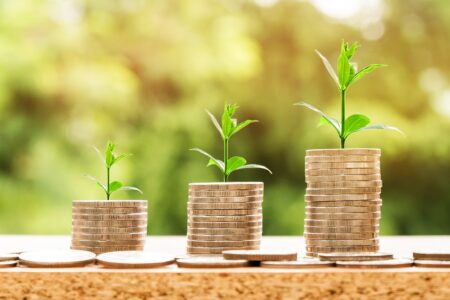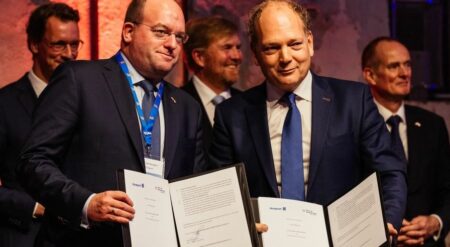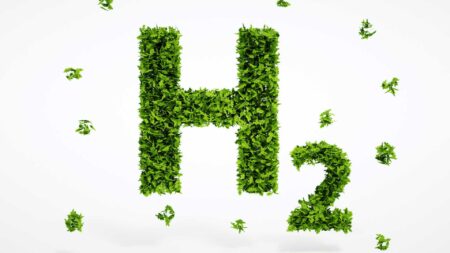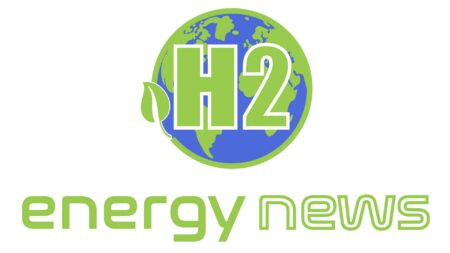Duisburg, Germany’s inland port, is set to witness a transformation with the development of the Duisburg Gateway Terminal (DGT), facilitated by financing from KfW IPEX-Bank.
Browsing: Duisburg
Port of Amsterdam has signed three crucial agreements during the H2 Connecting Event in Duisburg. These agreements aim to solidify the port’s position as a vital supplier of renewable hydrogen and derivatives to the German market, aligning with the collaborative efforts between the Netherlands and Germany in the realm of renewable hydrogen.
Duisburg, a city steeped in industrial history and once known for coal, is now emerging as a key player in the new industrial revolution – one driven not by fossil fuels but by green hydrogen. Alexander Klomparend, head of corporate communications at Duisburg Kontor, is unequivocal in his belief: “Hydrogen is the new coal.” The city’s unique attributes make it a potent candidate to lead this revolution.
On Wednesday, Federal Minister of Economics Robert Habeck, in collaboration with the state of North Rhine-Westphalia, presented a grant of €2 billion for the partial conversion of Europe’s largest steelworks to green hydrogen-based processes.
Duisburg, a German city, is taking a significant leap towards a greener and emission-free future for its public transport system. The city has selected Solaris, a leading European manufacturer of electric city buses, to deliver 25 Urbino hydrogen buses – a mix of 12-meter and 18-meter models.






